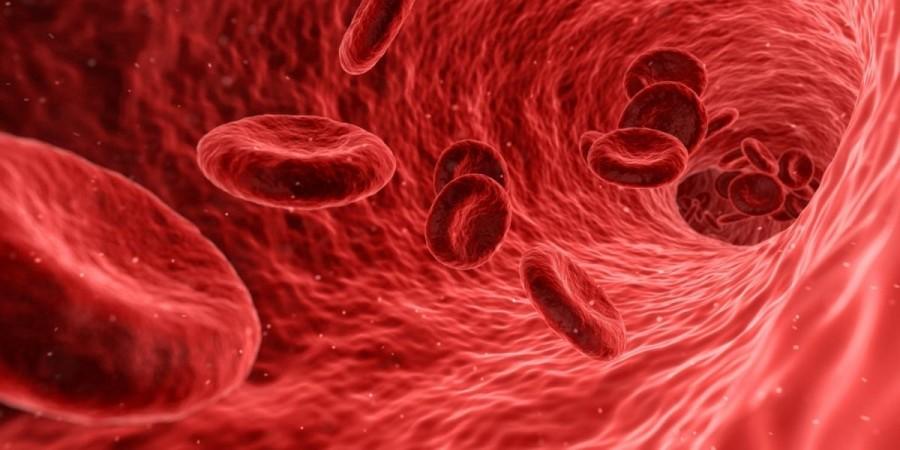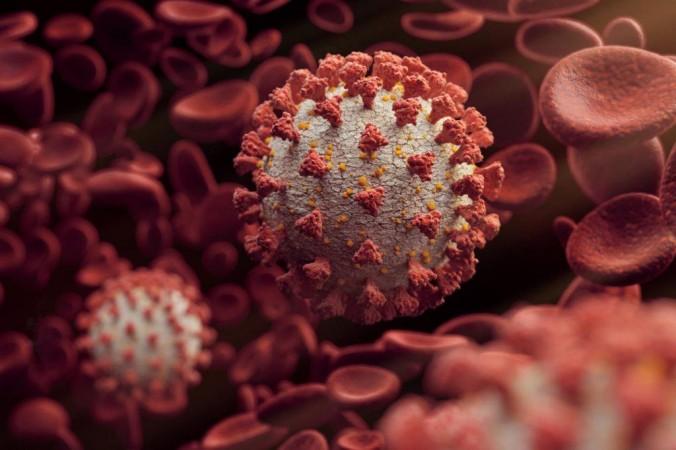Researchers have teamed up to modify red blood cells to transport viral agents which can safely trigger the immune system to protect the body against SARS-CoV-2, creating a promising new vehicle for vaccine delivery.
The new method, described in the journal PLOS ONE, is said to be a unique approach to vaccination. Red blood cell membranes are embedded with SARS-CoV-2 spike proteins, which then form virus-like particles.
"We take red blood cells and remove everything from the inside. We then attach spike proteins to their outside to mimic a coronavirus," explained co-author Isabella Passos Gastaldo from McMaster University, Canada.
The particles, shown to activate the immune system and produce antibodies in mice, are completely harmless.
"Current vaccine delivery methods often cause drastic immune system reactions and have short-lived responses," said another researcher.

"Some of the vaccines that have been developed have shown side effects. This delivery platform opens new possibilities for vaccines and therapeutics," the researcher added.
The researchers found cells can be loaded with a large dose of viral proteins, yet likely produce few side effects, making the new method more tolerable and effective than other vaccine options.

They said they have developed a method where we can trigger an immune response without the use of genetic material and yet they can synthesize these particles in a very short amount of time.
The technology can be quickly adapted to develop vaccines for variants or new viruses that may emerge in the future.















